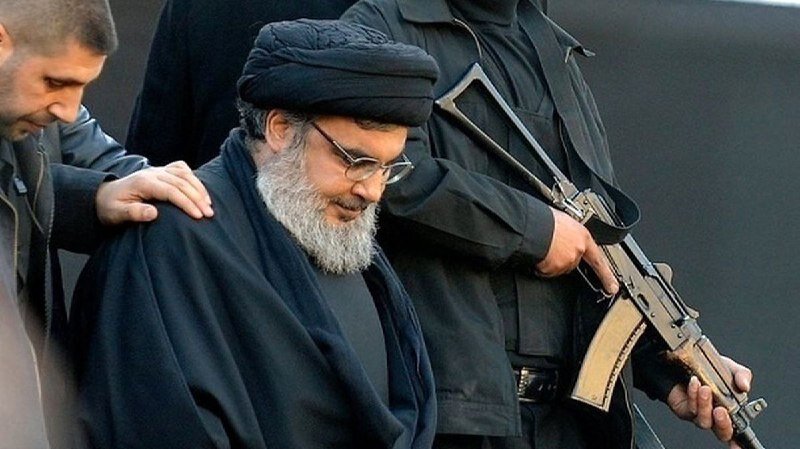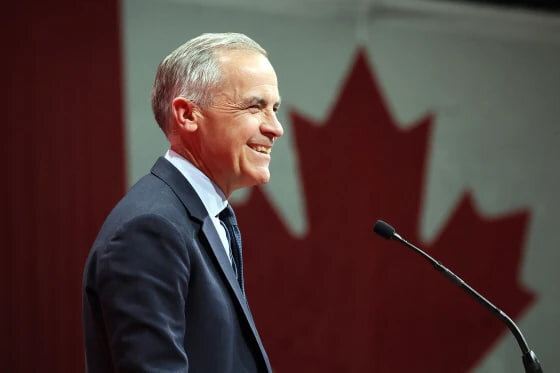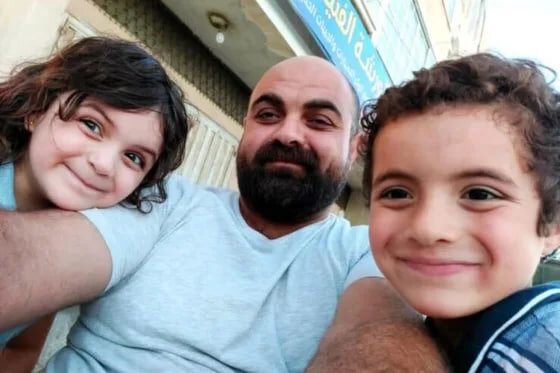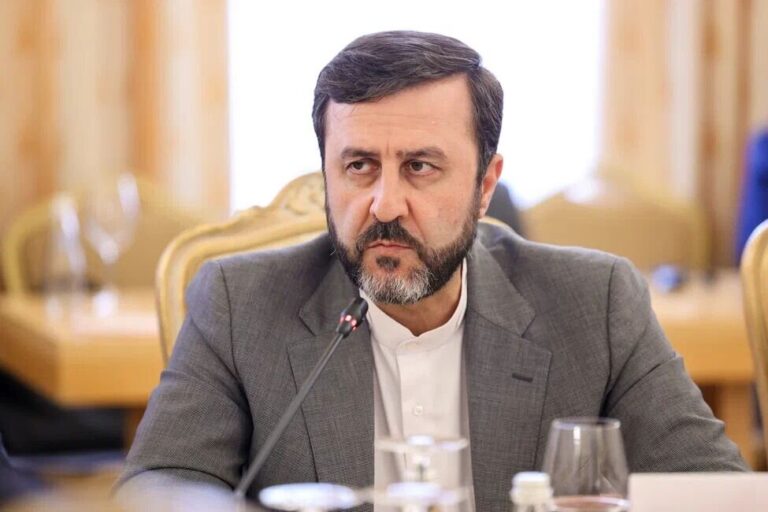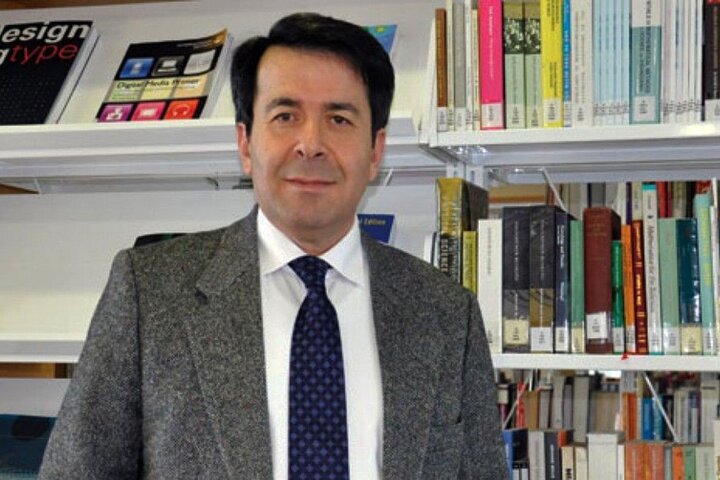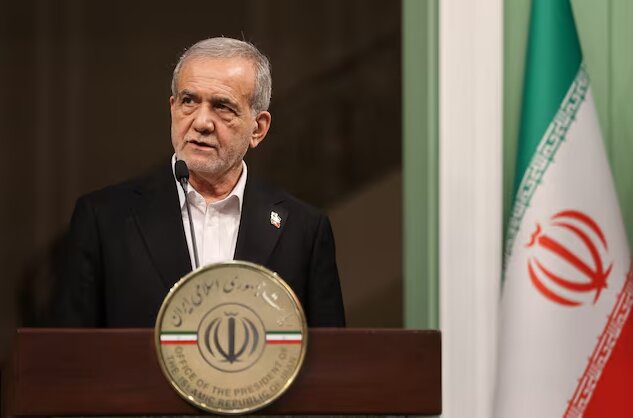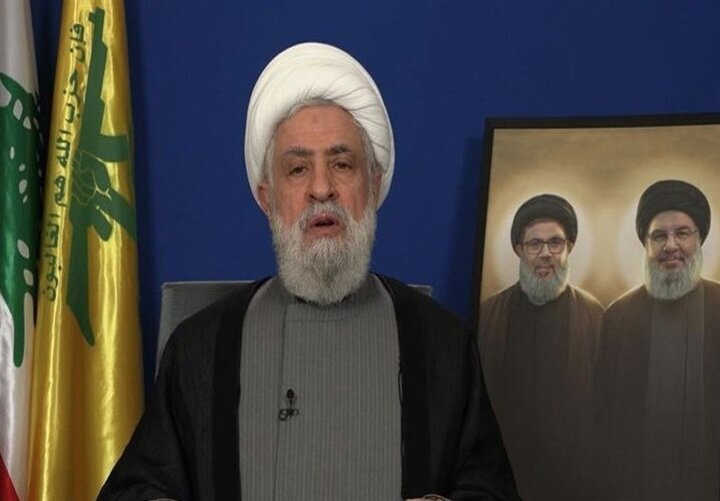Nasrallah Declares Himself a ‘Living Martyr’: A Bold Statement Unveiled
TEHRAN – The upcoming funeral ceremony for Hezbollah Secretary-General Seyyed Hassan Nasrallah has been officially announced. Sheikh Naim Qassem, the current leader of the Lebanese resistance, confirmed that the memorial will take place on February 23. This significant event is expected to draw a large crowd, including notable foreign dignitaries.
The ceremony will be a moment for many to gather and pay their respects to a man who was deeply admired in Lebanon, West Asia, and beyond. Nasrallah was regarded as a champion of resistance, known not only for his strong leadership and influence but also for his steadfast commitment to ending Israeli occupation over the decades.
To many, he represented a symbol of defiance and determination, playing a pivotal role in shaping Lebanon’s struggle against Israeli forces. The Israeli military’s withdrawal from southern Lebanon on May 24, 2000, marked a historic milestone, as it was the first occasion on which Israel retreated from Arab land without direct negotiations or a peace agreement. This moment was celebrated as a significant victory for the Lebanese resistance.
Hezbollah was instrumental in driving the Israeli forces out. Through years of persistent guerilla warfare and strategic military actions, the group made the occupation untenable for Israel. Under Nasrallah’s leadership, Hezbollah garnered widespread support for its resistance efforts, ultimately reshaping the balance of power in the region.
Tragically, Nasrallah’s son, Hadi Nasrallah, was martyred by Israeli Occupation Forces (IOF) on September 12, 1997. His death during a battle in southern Lebanon became a powerful symbol of sacrifice for the Lebanese resistance.
Following Israel’s withdrawal in 2000, Nasrallah’s speeches became increasingly bold and defiant. He often warned that Hezbollah was prepared for any future conflict, asserting that Israel’s defeat in Lebanon was merely the beginning. His statements angered politicians in both Tel Aviv and Washington.
Between 2000 and 2006, Nasrallah delivered numerous fiery addresses, threatening to retaliate deeply into Israeli territory if provoked. His rhetoric reinforced his image as a powerful and fearless leader.
The 2006 Israeli war on Lebanon marked a significant escalation in the conflict, as Israel launched a massive military offensive that lasted for 33 days. Despite the Israeli military’s advanced capabilities, Hezbollah’s strong resistance and guerilla tactics proved effective, preventing an outright Israeli victory.
When the war concluded with a UN-brokered ceasefire, Hezbollah emerged both politically and militarily stronger. Notably, an Israeli-formed committee acknowledged the defeat of the occupying regime, with the Economist magazine declaring, “Nasrallah wins the war” in 2006.
Under Nasrallah’s leadership, the Lebanese resistance showcased its resilience, proving that “Israel was weaker than the spider’s web.”
On October 8, 2023, Hezbollah initiated a “support front” in solidarity with Gaza following Hamas’s operation on October 7. This marked a historic collaboration, as it was the first time the resistance from both Gaza and Lebanon united to confront Israeli occupation and aggression. The event highlighted the increasing strength and unity of resistance efforts in the region.
Moreover, this unprecedented coordination led to hundreds of thousands of Israeli settlers being forcibly displaced from northern Israel due to Hezbollah’s retaliation. Nasrallah vowed that the settlers would not return to the north until a ceasefire was established in Gaza.
Nasrallah was martyred on September 27 during a series of intense airstrikes by Israeli F-35 jets, which targeted the southern Haret Hreik neighborhood of Beirut. This was one of the most aggressive military offensives launched by Israel against Lebanon.
The martyr Secretary-General leaves behind a powerful legacy of resistance. Under his leadership, Hezbollah evolved into a formidable military and political force. Even after his martyrdom, Hezbollah continued its military operations for approximately two months, conducting unprecedented ground, drone, and missile attacks deep into Israeli territory. This demonstrated that Nasrallah’s influence and legacy would continue to shape Lebanon’s resistance for years to come.
He will be remembered as a leader who upheld his promises: until the Lebanese army was sufficiently strong to defend Lebanon’s territorial integrity, Hezbollah would never relinquish its weapons. Regardless of the cost, he vowed to stand firm against the Israeli enemy, always prioritizing the safety of both the Lebanese and Palestinians, ultimately sacrificing his life for Palestine.
